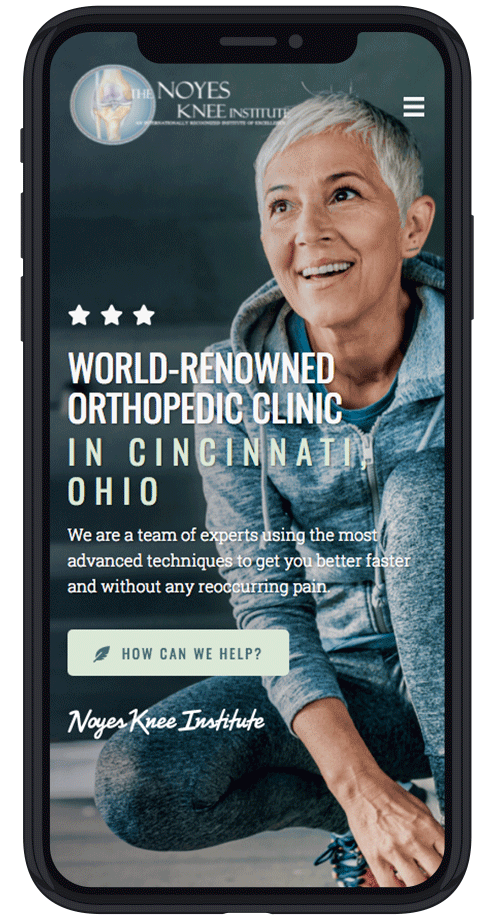Published On
Category
 Although most knee injuries heal without too many problems, some injuries can cause pain, swelling, and stiffness in the joints later on in life. These symptoms usually develop as the cartilage in the knees wears down or becomes damaged. Collectively, these symptoms can be referred to as post-traumatic arthritis.
Although most knee injuries heal without too many problems, some injuries can cause pain, swelling, and stiffness in the joints later on in life. These symptoms usually develop as the cartilage in the knees wears down or becomes damaged. Collectively, these symptoms can be referred to as post-traumatic arthritis.
In some people, excessive joint damage eventually leads to osteoarthritis. Although you can’t cure posttraumatic arthritis, you can take steps to manage your symptoms and prevent it from progressing to osteoarthritis. Here are some things you can do to make life a little more bearable for you.
Maintain a Healthy Weight
Post-traumatic arthritis can become worse if you place too much weight on your knees. Along with your hipbones and thighs, your knee joints support your body’s weight when you stand, walk, or run. Joints weakened by arthritis and old injuries lack the strength and integrity to support excessive body weight.
Lessen the extra weight on your knees by eating items from all five food groups. The amount you need to eat from each food group depends on your age, sex, and overall physical activity. For instance, if you’re an active 50-year-old male, consume 4 cups of vegetables. Inactive individuals should strive for 3.5 cups of vegetables a day.
If you can’t develop a meal plan yourself, speak to a dietitian. Some foods benefit your painful joints specifically. Many types of fruit, including oranges, papayas, and strawberries, contain vitamins and minerals that create, protect, or strengthen cartilage.
If you plan to exercise to lose or maintain a healthy weight, consult with an orthopedic specialist first. A specialist can examine your knees to see what treatment works best for your specific needs. For example, some people improve with physical therapy, while other individuals need surgery to repair or replace their damaged tissues.
Monitor Your Overall Health
In addition to maintaining a healthy weight, ease your symptoms by keeping your overall health in check. Certain health conditions like high blood sugar may cause pain, stiffness, and swelling in your body’s joints. If you have problems managing your blood sugar, it’s important that you speak to a medical provider about reducing it.
Some autoimmune diseases like lupus can damage and inflame multiple body systems, including your muscles and joints. If you have an autoimmune disease, tell an orthopedist right away. An autoimmune disease may potentially be the reason for your post-traumatic arthritis.
If you tend to worry about things all the time, find ways to relax. Stress and anxiety are two problems that a number of arthritis sufferers experience often. These negative emotions may intensify if your pain and other symptoms become worse or if your condition affects your family, work, or personal life.
You can ease your stress by reading a good book, watching a comedy movie, or spending time with a loved one. If an orthopedist approves, take yoga lessons to reduce the tension in your life. Yoga can also benefit your knees because it improves your joints’ flexibility.
Finally, try to take breaks from any duties or obligations that require you to stand or walk too much. These activities can add tension and extra stress to your arthritic knees over time. You may also inadvertently increase the wear and tear in your knee joints, which may potentially lead to osteoarthritis.
If your post-traumatic arthritis does progress to osteoarthritis, an orthopedist may suggest a number of treatment options to you, including joint debridement and complete or partial knee replacement surgery. Your treatment may depend on the severity of your joint damage, your age, and your overall physical health.
Don’t hesitate to contact the Noyes Knee Institute for an appointment or more information about post-traumatic arthritis.

